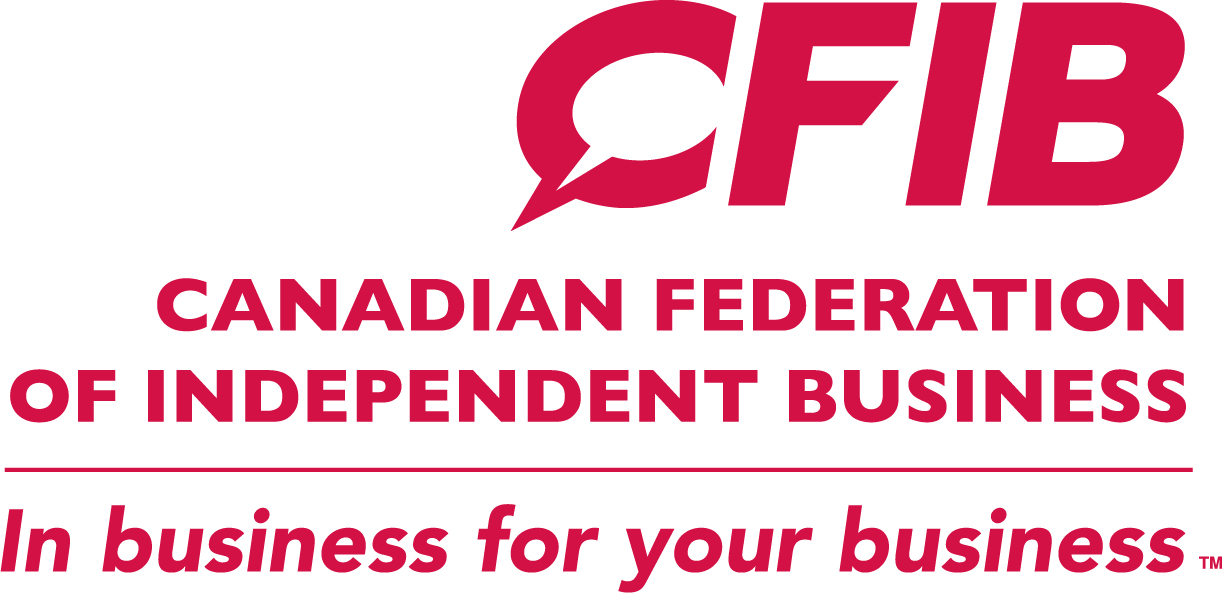More small businesses needed financing over the last decade, but collateral requirements and interest rates make it harder and more expensive Français
TORONTO, July 6, 2023 /CNW/ - The share of small businesses seeking financing has surged in the last decade, finds the latest report in the Canadian Federation of Independent Business (CFIB)'s Financing Main Street research series. Conversely, the cost of borrowing has gone up over the past three years, putting businesses at risk.
"It's already hard for small business owners to navigate the complicated world of financing, but banks are more likely to approve loans and provide better loan terms to larger firms," said Corinne Pohlmann, Executive Vice-President at CFIB. "It's crucial for small businesses to be able to access financing. Without it, many can't invest, innovate or grow their business. And at a critical time like this, when costs are high on all fronts, some businesses need financing to simply maintain cash flow and stay open."
In 2022, well over half (58%) of small businesses needed financing, compared to just over a third (35%) in 2012. The most common reason businesses applied for financing was simply to boost their cash flow (52%). Over a third (35%) did so to acquire physical assets and 25% to purchase inventory.
The smaller the business, the likelier the rejection. Nearly all mid-sized firms (94%) were approved for financing while just three in four micro-businesses (77%) were approved.
Smaller businesses are also the most likely to have to provide some form of personal guarantee, which puts them at personal financial risk if their business defaults on its loans. To be approved for financing, over one in two (52%) micro businesses had to make a personal guarantee, while over a quarter (29%) needed to pledge their primary residence as collateral.
"Small businesses need access to financing, but it's harder and more expensive for them to do so. And when they can access it, they are typically asked to make a personal guarantee or put up personal collateral," said Taylor Matchett, CFIB senior research analyst and co-author of the report. "Financing institutions should consider whether personal collateral or guarantees are really necessary, and if there are alternate solutions, before requesting it from their small business clients."
Smaller businesses also face higher interest rates, paying an average of 2.1% above the prime rate.
Since the Bank of Canada started raising its key interest rate to combat inflation, the share of small businesses struggling with borrowing costs has surged from 21% in January 2022 to 39% in May 2023. Businesses with variable financing are currently paying around 9.05% in interest annually, which means they are significantly impacted by increases in borrowing costs.
To ensure small businesses' financing needs are met, CFIB recommends government:
- Expand the consumer provisions of the Bank Act to include small businesses
- Improve the investment climate for non-traditional sources of financing to provide more finance options to SMEs (such as a tax credit for investing in a small business)
- Increase flexibility around SME repayment of government loans during extenuating economic circumstances (such as extending the Canada Emergency Business Account (CEBA) repayment deadline to access the forgivable portion), but still exercise caution when determining whether a situation warrants business subsidies from government
CFIB's recommendations to the banking sector also include increasing access to low-cost financing for SMEs, abiding by the SME Banking Code of Conduct with respect to financing, and not promoting credit cards as a main alternative source of long-term financing for SMEs.
"Businesses are in a precarious position. Most of them have not yet repaid the debt they took on during the pandemic and are also facing rising costs and shortages of labour and products," said Marvin Cruz, CFIB director of research. "The steep increases in borrowing costs are going to be hard to weather for them right now. Governments and the banking sector need to consider the current state of small business and support their financing needs if we want to see them succeed and continue contributing to Canada's economy."
The results shared here are from the second report in CFIB's new Financing Main Street research series. To learn more, read the full Small Business Financing Indicators report. The third and final report in the series will focus on the customer service provided by banks.
The Canadian Federation of Independent Business (CFIB) is Canada's largest association of small and medium-sized businesses with 97,000 members across every industry and region. CFIB is dedicated to increasing business owners' chances of success by driving policy change at all levels of government, providing expert advice and tools, and negotiating exclusive savings. Learn more at cfib.ca.
SOURCE Canadian Federation of Independent Business

For media enquiries or interviews, please contact: Maud Larivière, CFIB, 647-464-2814, [email protected]


Share this article